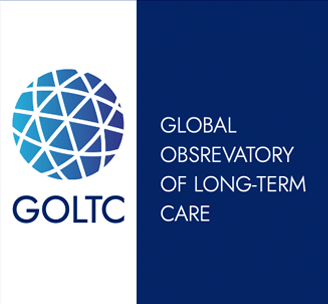Aimée Kingsada
Université Paris Cité, LIRAES and Chaire AgingUP!
Aimée Kingsada

Since June 2023, I am a Postdoctoral researcher at Université Paris Cité, affiliated to the Applied Economics Department (LIRAES) and the Chaire AgingUP!.
The Chaire AgingUP! aims to investigate the economic implications of aging, the effectiveness of elderly policies, and the organization of care provision.
My research explores the challenges of preventing loss of autonomy and the effectiveness of innovations in this field. In collaboration with other researchers from the Chaire, I conducted an assessment of the impact of unmet need for formal care on the risk of falls among frail people in Europe, using survey data (SHARE) and microeconometric methods.
At the same time, I am conducting literature reviews on older people’s preferences for new healthcare technologies as part of the survey AgingUP!, and also looking into the issue of evaluating these technologies.
FURTHER INFORMATION
| Countries | France; |
|---|---|
| Topics | Access to care; Care inequalities; Healthcare access in LTC; LTC Policy; Prevention and rehabilitation and LTC; Unmet needs; |
| Methods | Causal inference in Long-Term Care; Economic evaluation; Panel data analysis; Quantitative data analysis; Surveys; |
| Role | Research; |
| Website | https://aimeekingsada.wixsite.com/aimeekingsada |
| ORC.ID | 0000-0002-1587-5614 |
| https://www.linkedin.com/in/aim%C3%A9e-kingsada/ | |
| Other 1 | https://liraes.u-paris.fr/annuaire/aimee-kingsada/; |
| Other 2 | https://agingup.u-paris.fr/annuaire/aimee-kingsada/; |
| Research interests | My research area is in the field of health economics with a focus on physicians’ labor supply, access to healthcare, and public policy evaluations. I’m also interested in ageing, prevention, and loss of autonomy issues.
|
| Key publications | Dormont, B., Kingsada, A. & Samson, A.-L. (2021). The Introduction of Pay-for-Performance: What Impact on General Practitioners’ Activity in France? Economie et Statistique / Economics and Statistics, 524-525, 11–29. doi: 10.24187/ecostat.2021.524d.2045 |

